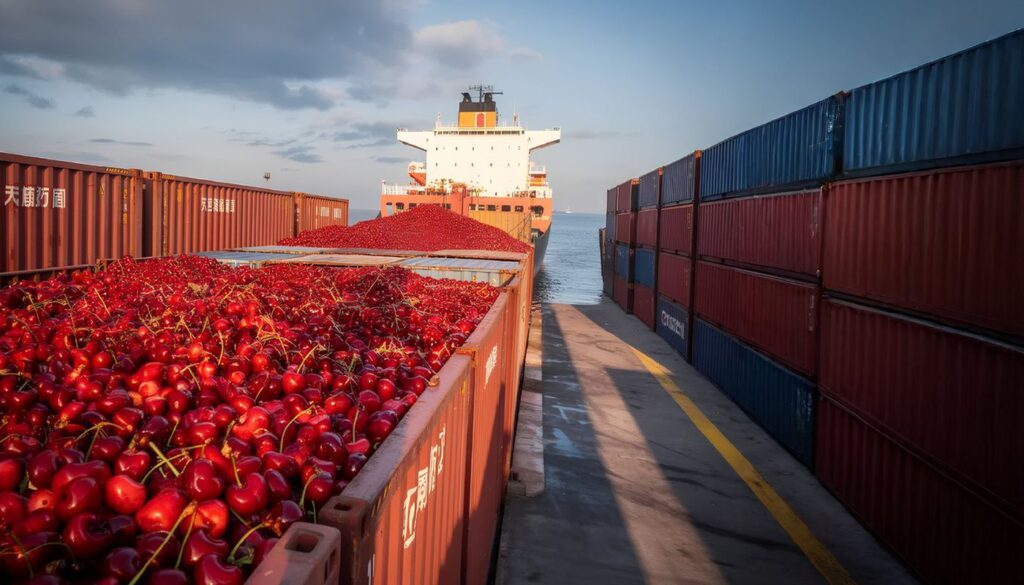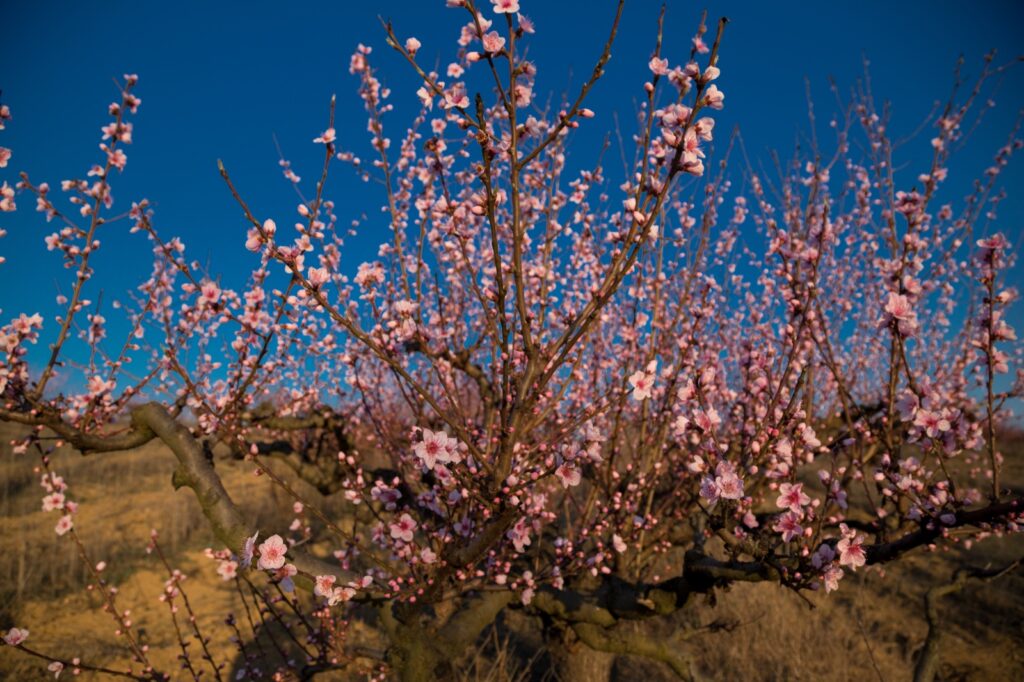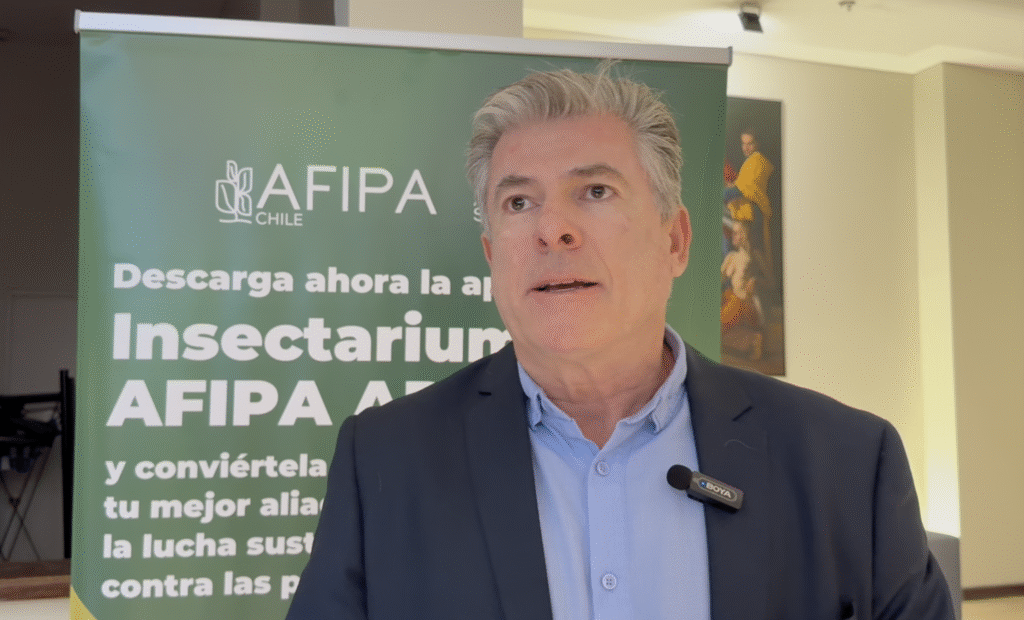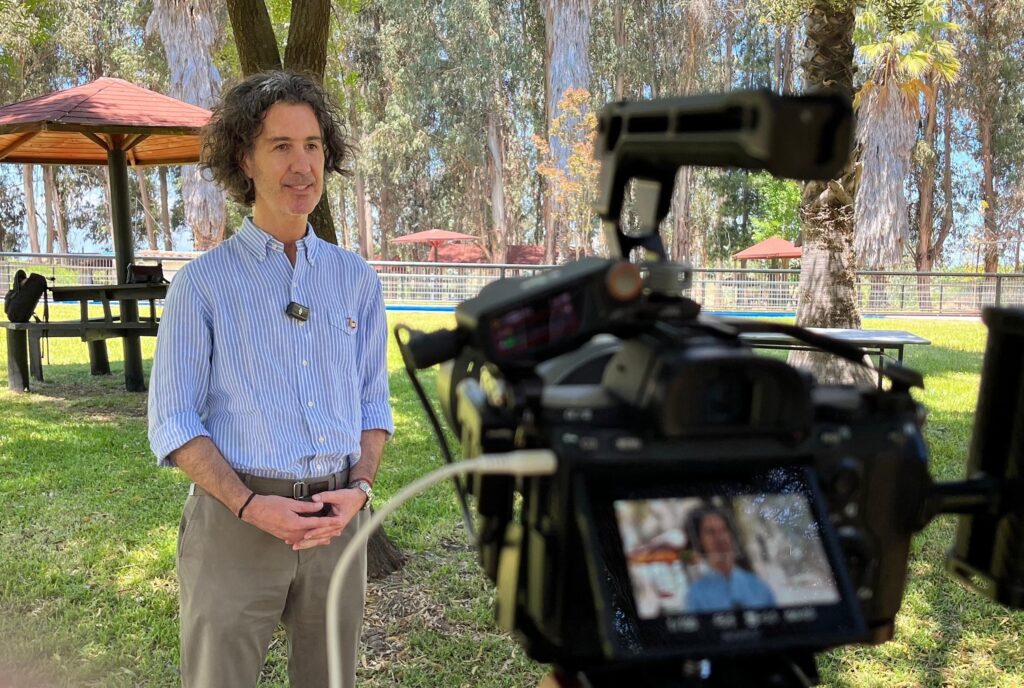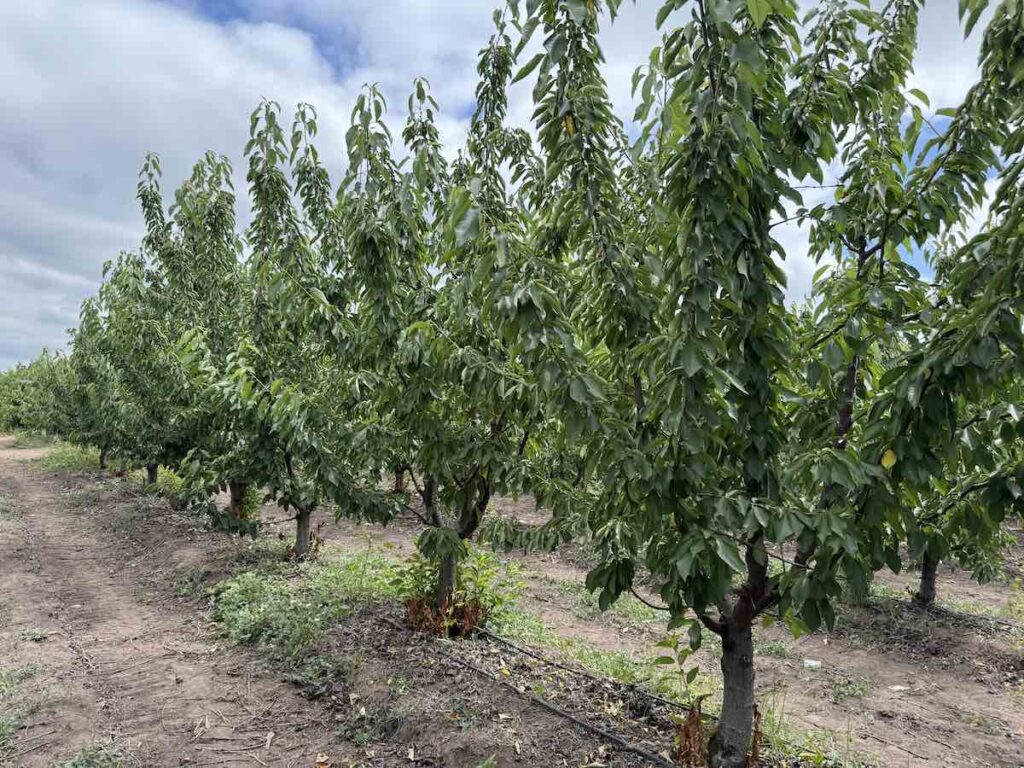
Work is aimed at creating a variety that can adapt to the climatic conditions of central and north-central Chile.
Extreme temperatures, complex weather events, droughts, etc., are some of the effects that climate change is causing around the world; unfortunately, agriculture is one of the most affected areas, considering that the production of fruits and vegetables becomes increasingly complex under these conditions.
In Chile, it is estimated that there are about 66 thousand hectares planted with cherries. Our country is the largest producer and exporter in the southern hemisphere, with the Chinese market as its main destination. Therefore, each season it faces a great challenge: producing high-quality cherries, a task full of complexities, especially considering the effects of climate change.
“Problems arising from climate change are affecting Chilean fruit growing. There is less water available, winters are less cold and there is a greater appearance of pests and diseases, which can put our export potential at risk. That is why, through INIA (Agricultural Research Institute), part of the Ministry of Agriculture, we are supporting these initiatives for genetic improvement and new varieties that can resist the effects of climate change,” said the Undersecretary of Agriculture, José Guajardo Reyes. to MundoAgro Magazine.
The accumulation of chilling hours is essential for cherry production, however the effects of climate change could jeopardize one of the main factors that must be met during dormancy and that has a direct impact on the following season. Both applications and the productive potential of an orchard depend on this important factor.
In this context, the national genetic improvement programme (PMG) for cherry trees, implemented by INIA with support from the Biofrutales Consortium and CORFO, aims to develop materials specifically adapted for warm temperate climates, such as the North Central region of our country.
“This initiative has put special interest in finding varieties that are competitive in terms of production, attractive to the consumer, that travel well, but also that can be grown in the central north of the country with less winter cold hours required,” said Dr. José Manuel Donoso, geneticist of the program at INIA, to the magazine mundoAgro.
There is evidence of problems that some traditional varieties have presented, regarding flowering and setting: “Precisely because they have been located in areas where the winter cooling supply has decreased due to the effect of climate change. Our work has been oriented towards the problem of climate change”, Donoso told MundoAgro.
This program is carried out in Ovalle, but also in the central zone, in Buin and Rengo. Until last year they worked with financing from Corfo, however since 2022 they have received support from private companies through the Strategic Technological Program for Fruit Growing PTEC Northern Zone: “We have a great challenge ahead of us, which is to engage the new national and regional authorities in the need to continue supporting these long-term works”, Claudia Bartel, Regional Director of INIA Rayentué, explained to MundoAgro.
It is estimated that 80 percent of cherry production is concentrated in eight weeks, where problems arise such as insufficient labor, in addition to the complications inherent to the fruit species that require great care to avoid damage to the fruit; therefore, it is necessary to expand the productive window, varieties and markets and a new variety.



